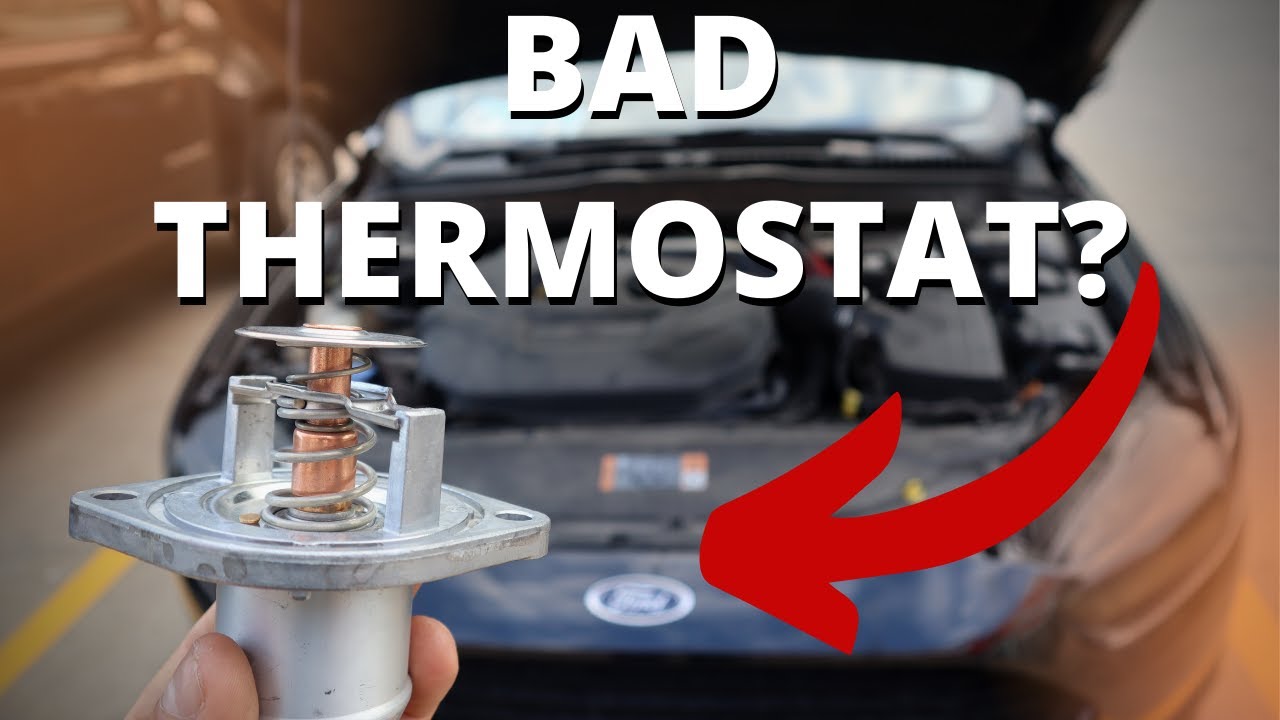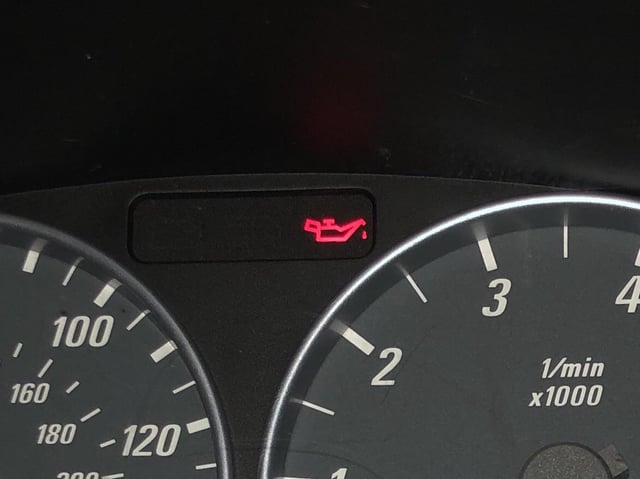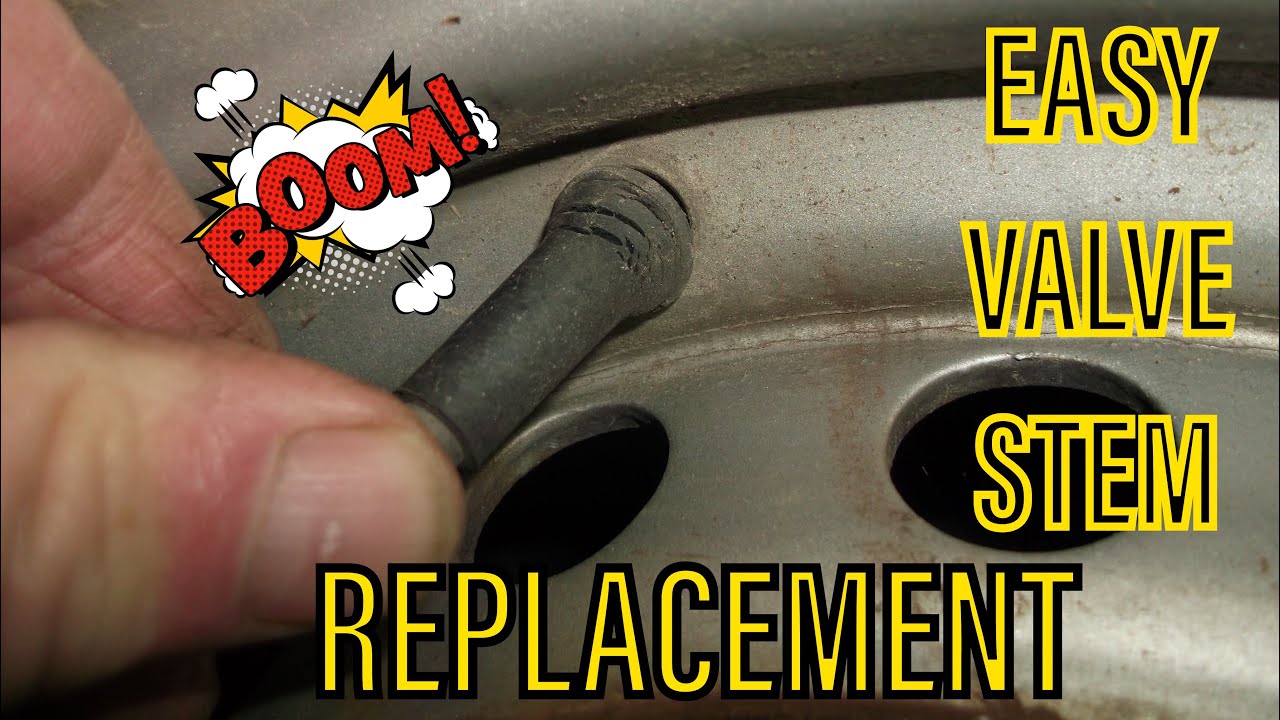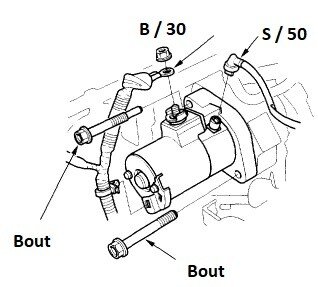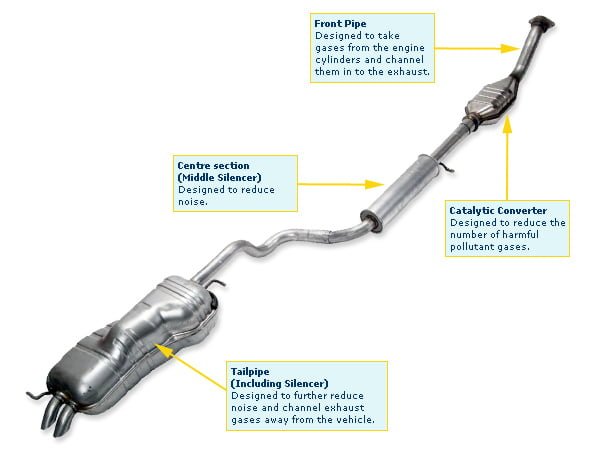Can a Bad Thermostat Cause Ac Not to Work in a Car
A faulty thermostat can indeed prevent a car’s air conditioning (AC) from functioning properly. A bad thermostat may lead to overheating, which can trigger the AC to shut off.
Understanding the impact of a car’s thermostat on its AC system is essential for maintaining a comfortable and safe driving environment. The thermostat regulates the engine’s temperature by controlling the flow of coolant. When it malfunctions, it can cause the engine to overheat, and to protect the engine, the AC may automatically disengage to reduce stress on the overheating system.
This safety feature helps prevent potential engine damage but at the expense of cabin comfort. Recognizing early signs of a failing thermostat, such as erratic temperature fluctuations or insufficient cooling, can save you from a sweltering drive and costly repairs. Regular maintenance checks are the best way to ensure your car’s thermostat and AC system continue to function as intended.
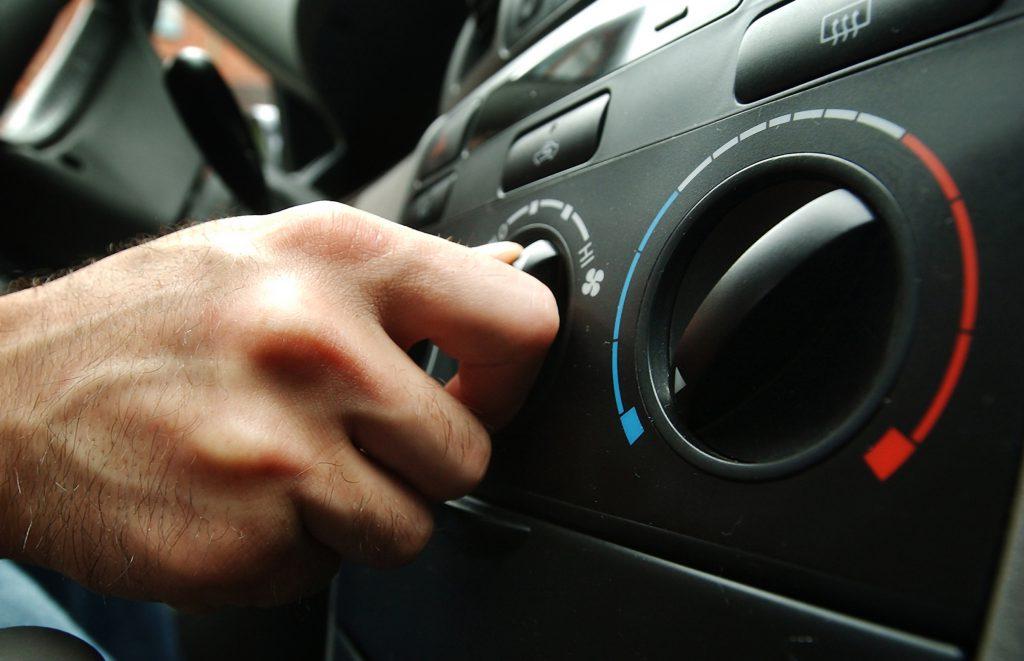
Credit: carfromjapan.com
Identifying Thermostat Issues
Understanding thermostat issues in a car is key to maintaining a comfortable temperature. The car’s thermostat is a small device that can have a large impact on your vehicle’s air conditioning performance. It’s crucial to recognize when a thermostat fails. Recognizing early signs can prevent more serious problems with the car’s cooling system.
Signs Of Thermostat Failure
Spotting a faulty thermostat can be straightforward if you know what symptoms to look for:
- Temperature Gauge Readings: Fluctuations or unusual temperatures could signal a problem.
- Overheating Engine: A stuck thermostat might cause your engine to overheat.
- Underheating Engine: Conversely, a thermostat that’s stuck open can lead to an engine that doesn’t reach optimal temperature.
- Coolant Leaks: These may appear near the thermostat housing.
- Heater Issues: Poor performance from the heater can also indicate thermostat problems.
Link Between Thermostat And Ac Performance
The relationship between the thermostat and AC performance is integral.
| Thermostat Condition | Impact on AC Performance |
|---|---|
| Faulty Open Thermostat | The AC may work harder, increasing wear and costs. |
| Faulty Closed Thermostat | May lead to engine overheating, affecting AC efficiency. |
A thermostat that doesn’t open properly will prevent the engine from cooling effectively, making the AC work harder. If it’s stuck closed, the engine may overheat, leading to decreased AC capabilities. Both scenarios stress the car’s system, leading to less comfort and potential repairs.
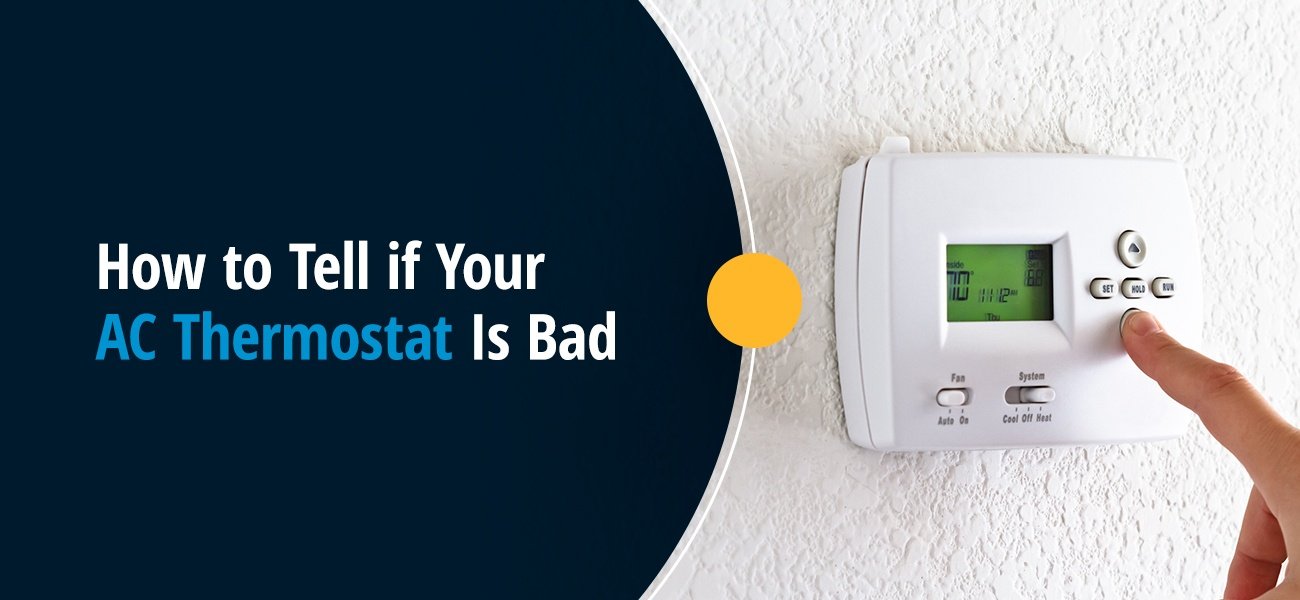
Credit: accontractors.com
Thermostat’s Role In Vehicle Cooling
The thermostat may be small, but its role in a car’s cooling system is huge. This vital component manages the flow of coolant to the engine, keeping it at an optimal temperature. Think of it as a gatekeeper: opening to cool your engine, and closing to warm it up. Without a properly functioning thermostat, your vehicle’s cooling system can’t do its job, leading to a variety of issues, including air conditioning troubles.
How A Thermostat Regulates Temperature
As your engine heats up, the thermostat’s valve opens, allowing coolant to flow through the radiator and back into the engine. This cycle is crucial for maintaining the engine’s temperature. As the engine cools, the valve closes to retain heat, ensuring a constant operation temperature is maintained.
Impact On Ac When The Thermostat Malfunctions
When a thermostat goes bad, it can either get stuck open or closed. If stuck open, the engine can run too cool, and your AC may blow only mildly cool air. A thermostat stuck closed, however, can cause the engine to overheat, which might lead to AC system overheating and failure. In both cases, the air conditioning performance is compromised. Prompt thermostat repair is essential for restoring proper AC function.
Diagnosing Ac Problems In Cars
A car’s AC system makes the ride comfortable, especially in warm weather. Like any part of a car, the AC can fail. Diagnosing the root of AC performance problems is crucial. A faulty thermostat is one potential culprit. This section provides steps to assess your car’s AC system and clues to when the thermostat is to blame.
Steps To Check Your Ac System
Follow these simple steps to troubleshoot your car’s AC system.
- Turn on the AC: Start your engine, set the AC to the coldest setting, and check the airflow.
- Listen for unusual noises: Noises can point to problems with the AC compressor or other components.
- Check for reduced cooling: If the air isn’t cold, your system might need refrigerant or repair.
- Inspect the compressor: Ensure the AC compressor engages properly when turned on.
- Look for leaks: Refrigerant leaks are a common AC issue.
The steps above can help identify whether the problem lies with the thermostat or another part of the AC system.
When To Suspect The Thermostat
Understanding when the thermostat could be at fault is essential.
- Inconsistent cooling: If the temperature fluctuates, the thermostat might not be functioning properly.
- Overheating engine: A thermostat stuck closed can cause the engine to overheat, affecting the AC.
- Engine runs cold: Conversely, a thermostat that’s stuck open can prevent the engine from reaching operating temperature, impacting the AC.
If you notice these signs, consider testing the thermostat.
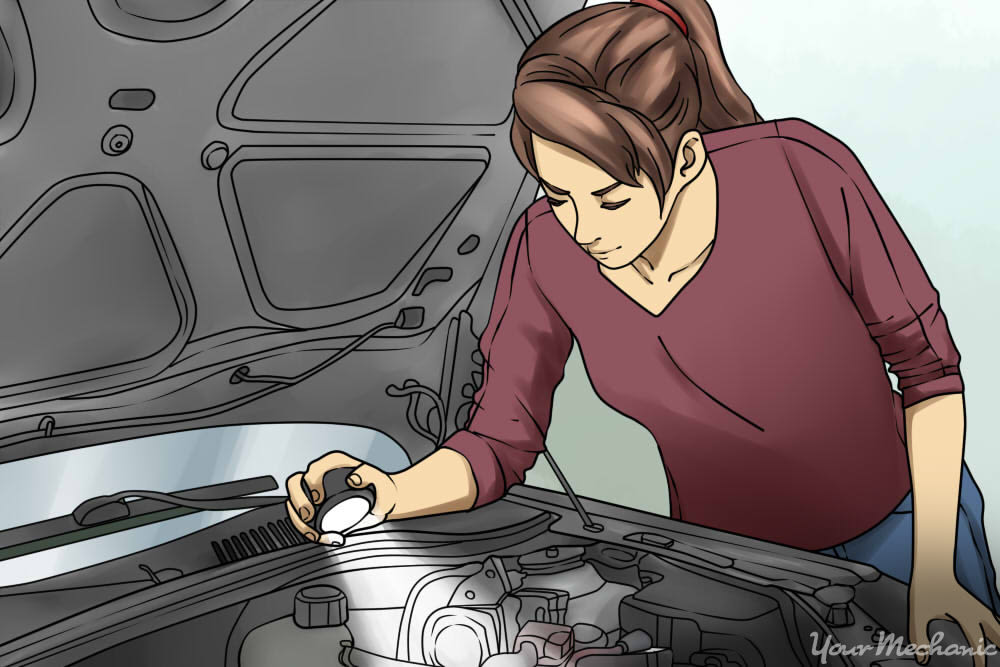
Credit: www.yourmechanic.com
Repairing The Ac System
A malfunctioning thermostat can disrupt your car’s AC system. It may prevent cool air from circulating. Understanding the AC repair process is critical. Selecting reliable repair methods ensures your comfort on the road.
Thermostat Replacement Process
Replacing a faulty thermostat may restore AC functionality. Follow these steps:
- Locate the thermostat housing.
- Drain the coolant and remove the housing.
- Extract the existing thermostat.
- Insert a new thermostat and gasket.
- Reassemble the housing and refill coolant.
Use quality parts to ensure longevity and efficiency.
Ensuring Proper Ac Function Post-repair
After the thermostat replacement, perform these checks:
- Verify coolant levels and top up if necessary.
- Check for leaks in the AC system.
- Test thermostat operation and AC output.
A successful repair should result in consistent, cool airflow. Technical expertise ensures the job gets done right.
Preventing Ac And Thermostat Issues
Driving in comfort means keeping your car’s AC in top shape. But did you know a faulty thermostat could bring that comfort to a halt? Let’s explore how to prevent your car’s AC and thermostat from letting you down on a hot day. Ensuring your vehicle remains your cool oasis involves regular checks and responding to warning signs promptly.
Regular Maintenance Tips
Regular maintenance keeps your car’s AC system efficient. Follow these simple tips for year-round performance:
- Check refrigerant levels: Low levels might indicate a leak.
- Replace cabin filters: Clean air filters ensure smooth airflow.
- Inspect belts and hoses: Wear and tear could lead to bigger issues.
- Test thermostat function: It regulates AC temperature.
- Run the AC regularly: This keeps the system lubricated and functioning.
Stick to a regular maintenance schedule. This prevents unexpected failures. Your car manual lists recommended service intervals.
Warning Signs To Look Out For
Stay vigilant for these signs of AC and thermostat trouble:
- Inconsistent temperatures suggest thermostat issues.
- Weak airflow can signal filter or fan problems.
- Strange noises may indicate a failing compressor.
- Leakage inside your vehicle often points to a blocked drain hose.
Spotting these signs early can save time and money. Early repairs prevent more serious damage to your AC system.
Frequently Asked Questions On Can A Bad Thermostat Cause Ac Not To Work In A Car
Can A Faulty Thermostat Affect Car Ac?
A malfunctioning thermostat can indeed affect your car’s air conditioning. It can cause the engine to overheat, which in turn may lead to the AC system shutting down to protect the engine from further damage.
How Does A Thermostat Cause Ac Issues In Cars?
A thermostat stuck in the closed position restricts coolant flow, causing engine overheating. An overheated engine may trigger safety features that disable the AC to reduce the strain and prevent damage.
What Signs Indicate A Car Thermostat Failure?
Signs of a failing thermostat include fluctuating temperature gauge readings, overheating, poor cabin heating, and reduced fuel efficiency. If the AC stops working suddenly, consider checking the thermostat.
Will Changing A Car’s Thermostat Fix The Ac?
Replacing a car’s faulty thermostat can fix the AC if overheating caused the AC to shut off. It’s a critical step in ensuring the engine runs at optimal temperature, which supports proper AC function.
Conclusion
To sum up, a faulty thermostat is indeed a common culprit behind AC malfunctions in cars. Ensuring this component is in good working order can save you from sweltering drives on hot days. For optimal vehicle performance, regular checks and timely replacements are essential.
Stay cool and drive safely.

